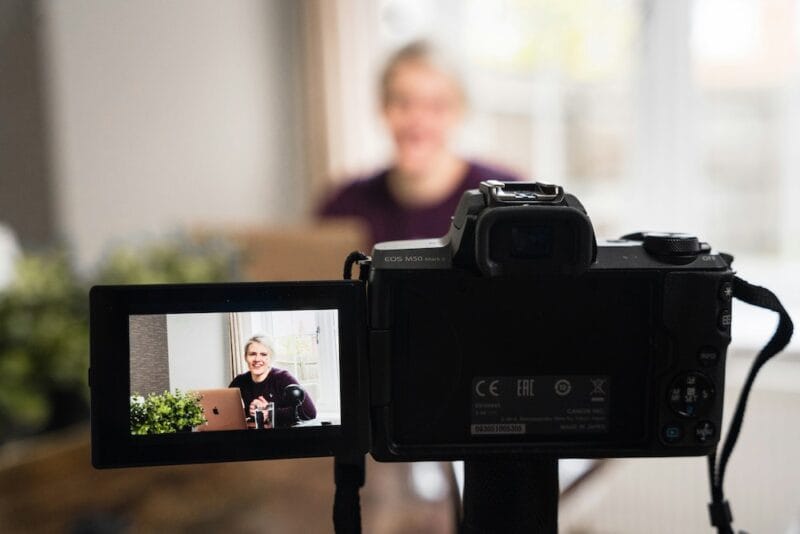Seminars and webinars have emerged as powerful marketing tools, offering a unique opportunity for businesses and professionals to engage with potential clients in a meaningful way. Over the past 17 years, I’ve found these platforms to be the single most effective method for converting prospects into paying customers. The beauty of seminars lies in their ability to establish you as an expert in your field while providing valuable content to your audience.
While seminars may not be the perfect fit for every business model, they have proven to be incredibly effective for a wide range of industries. The key to their success lies in the personal connection they foster between the presenter and the audience. When you stand in front of a group of people, whether physically or virtually, and deliver high-quality, actionable information, you’re not just sharing knowledge – you’re building trust and credibility.
However, the success of a seminar or webinar isn’t guaranteed simply by hosting one. There are several critical factors to consider to ensure you maximize your results:
- Effective Marketing:
The first hurdle is getting people to attend your event. No matter how exceptional your content may be, it won’t make an impact if your seats are empty. The key to successful seminar marketing lies in finding cost-effective ways to reach your target audience. One of the most powerful strategies I’ve found is leveraging joint venture email campaigns with partners who have access to your ideal demographic. This approach allows you to tap into established networks and reach a wider, yet still targeted, audience. - Content Delivery:
Once you’ve got your audience in attendance, the next crucial step is delivering your content effectively. This process can be broken down into two main components:
a) Relevance and Actionability: Your content should be highly relevant to your audience and immediately applicable to their lives or businesses. Aim to provide step-by-step, actionable advice that attendees can implement right away. By doing so, you’ll set yourself apart from the vast majority of presenters who leave their audience wondering what to do next.
b) Engaging Presentation: The manner in which you deliver your content is just as important as the content itself. The key here is authenticity. Be yourself. If you know your material inside and out, there’s no need to put on an act or try to be someone you’re not. Your audience will appreciate your genuine approach and connect with you on a more personal level.
- Monetization Strategy:
While the primary goal of a seminar or webinar might be to provide value and establish yourself as an expert, it’s important to remember that these events can also be significant revenue generators. The real financial potential often lies in the “back-end” – the products or services you offer during and after the event. Make sure you have a range of offerings available that complement the content of your seminar. These could include books, courses, coaching programs, or more in-depth workshops. - Follow-up and Nurturing:
The end of your seminar or webinar should mark the beginning of your relationship with attendees, not the end. Have a solid follow-up strategy in place to nurture these leads. This could involve email sequences, personalized outreach, or invitations to future events. - Continuous Improvement:
Each seminar or webinar is an opportunity to learn and improve. Gather feedback from attendees, analyze what worked well and what didn’t, and continuously refine your approach. This commitment to improvement will ensure that your events become more effective over time. - Leveraging Technology:
With the rise of webinars and virtual events, it’s crucial to familiarize yourself with the latest technology platforms. These tools can enhance your presentation, facilitate audience interaction, and provide valuable data on attendee engagement. - Creating an Interactive Experience:
Engagement is key to a successful seminar or webinar. Incorporate interactive elements such as Q&A sessions, polls, or breakout rooms to keep your audience actively involved. This not only enhances the learning experience but also helps to maintain attention and interest throughout the event. - Building a Community:
Consider how your seminars or webinars can contribute to building a community around your brand or expertise. This could involve creating exclusive groups for attendees, facilitating networking opportunities, or hosting regular events that bring your audience together. - Repurposing Content:
Your seminar or webinar content can have a life beyond the event itself. Consider how you can repurpose this valuable material into blog posts, social media content, podcasts, or even books. This approach allows you to extend the reach and impact of your efforts. - Balancing Free and Paid Content:
While seminars and webinars can be powerful lead generation tools when offered for free, there’s also value in hosting paid events. Striking the right balance between free and paid offerings can help you attract a wider audience while also monetizing your expertise.
Seminars and webinars represent a powerful opportunity to connect with your target audience, establish your expertise, and generate leads and sales. By focusing on effective marketing, delivering high-quality content in an engaging manner, and having a solid monetization strategy, you can transform these events into a cornerstone of your business growth strategy. Remember, the key to success lies not just in hosting these events, but in doing so with authenticity, value, and a clear understanding of your audience’s needs. With practice and persistence, seminars and webinars can become your most effective tool for turning prospects into loyal, paying customers.










